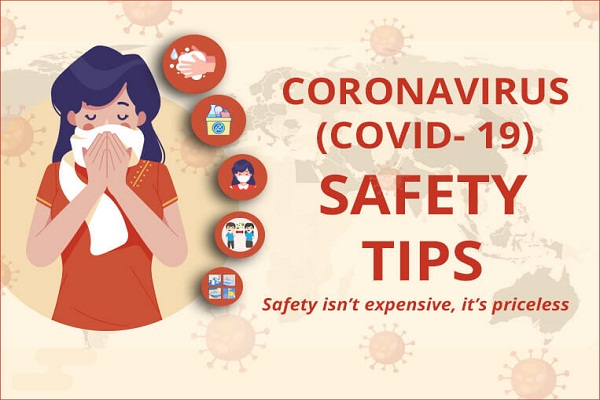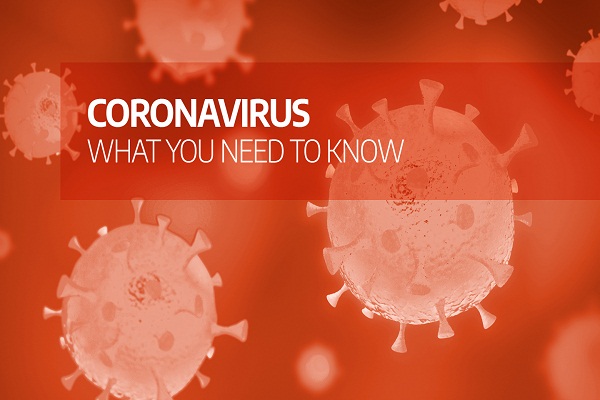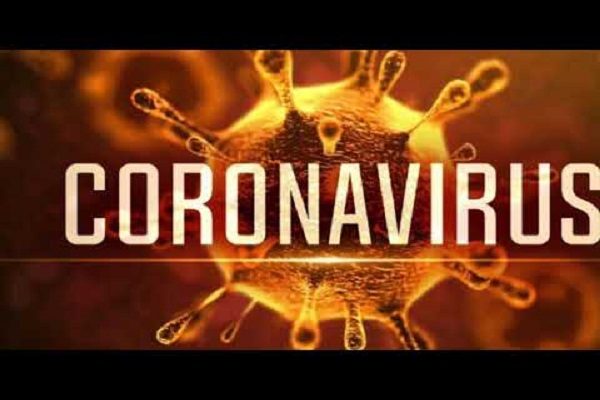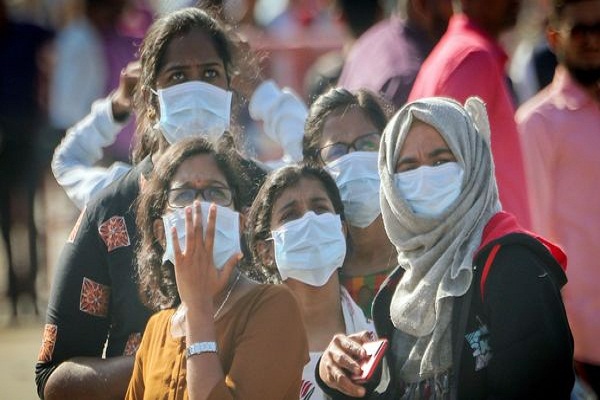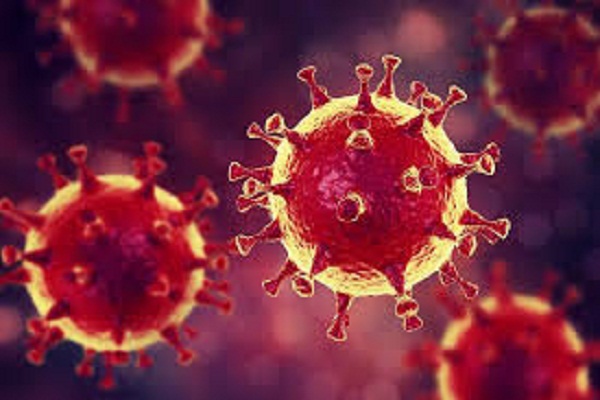
People often use terms like heart attack and cardiac arrest interchangeably. But, they are not similar. Yes, you have heard it right! Here, we help you understand the difference between a heart attack and a cardiac arrest.
All you need to know about a heart attack

One can suffer from a heart attack when a blocked artery prevents oxygen-rich blood from reaching a section of the heart. Moreover, if the blocked artery is not reopened quickly, the part of the heart normally nourished by that artery tends to die. Are you aware? Delaying the treatment can be dangerous. Speaking about the symptoms of it, they start slowly and persist for hours, days or weeks before a heart attack. Symptoms could be chest pain, jaw pain, neck pain, shortness of breath coughing, wheezing, light-headedness or dizziness, sweating, palpitations, and weakness.

What is a cardiac arrest?

Cardiac arrest is when your heart stops pumping. It may be triggered by an electrical malfunction in the heart that causes an irregular heartbeat which is known as arrhythmia. Since the pumping action is disrupted, the heart doesn’t able to pump blood to the brain, lungs and other organs. Hence, seconds later one tends to become unconscious and has no pulse, no breathing, and chest discomfort. Moreover, one can lose live if he/she doesn’t get treatment at the right time.

What is the difference between a heart attack and a cardiac arrest?
Yes, there is a difference between a heart attack and a cardiac arrest. One may get a heart attack when the blood supply to part of the heart stops and thereby a section of the heart muscle to begin to die. But, a cardiac arrest occurs when the heart stops beating as a whole.
But, these two distinct conditions are often linked as a cardiac arrest can occur after a heart attack, or while the time of recovery, whereas, heart attacks raise the risk of cardiac arrest. But, most heart attacks do not lead to sudden cardiac arrest.
But when sudden cardiac arrest occurs, heart attack is a common cause. So, remember that a heart attack is a plumbing problem, while a cardiac arrest an electrical problem. Heart failure, a clot in the lungs, a serious potassium imbalance, magnesium, or other minerals in the blood, a drug overdose, or a blow to the chest, can also cause a cardiac arrest.
Take-home message: If you exhibit symptoms which are similar to a heart attack then without any delay, you must consult the doctor immediately without ignoring the chest pain. Moreover, a cardiac arrest is reversible if the patients receive a timely treatment. In case your family member suffers from a cardiac arrest, immediately call for emergency medical services, and ensure that the person reaches the hospital at the right time. Not only this. You can also give cardiopulmonary resuscitation (CPR). It is a medical technique which is used for reviving someone whose heart has stopped beating by pressing on their chest, and breathing into their mouth. There are basic life support courses available in local communities hospitals so that more and more people know how to give cardiopulmonary resuscitation in case you encounter a person with cardiac arrest.
(Writer is Dr Bipeenchandra Bhamre, Cardio-Thoracic Surgeon, Sir H N Reliance Foundation Hospital and Research Centre, Mumbai. Views expressed are a personal opinion.)
Be a part of Elets Collaborative Initiatives. Join Us for Upcoming Events and explore business opportunities. Like us on Facebook , connect with us on LinkedIn and follow us on Twitter , Instagram.
"Exciting news! Elets technomedia is now on WhatsApp Channels Subscribe today by clicking the link and stay updated with the latest insights!" Click here!






